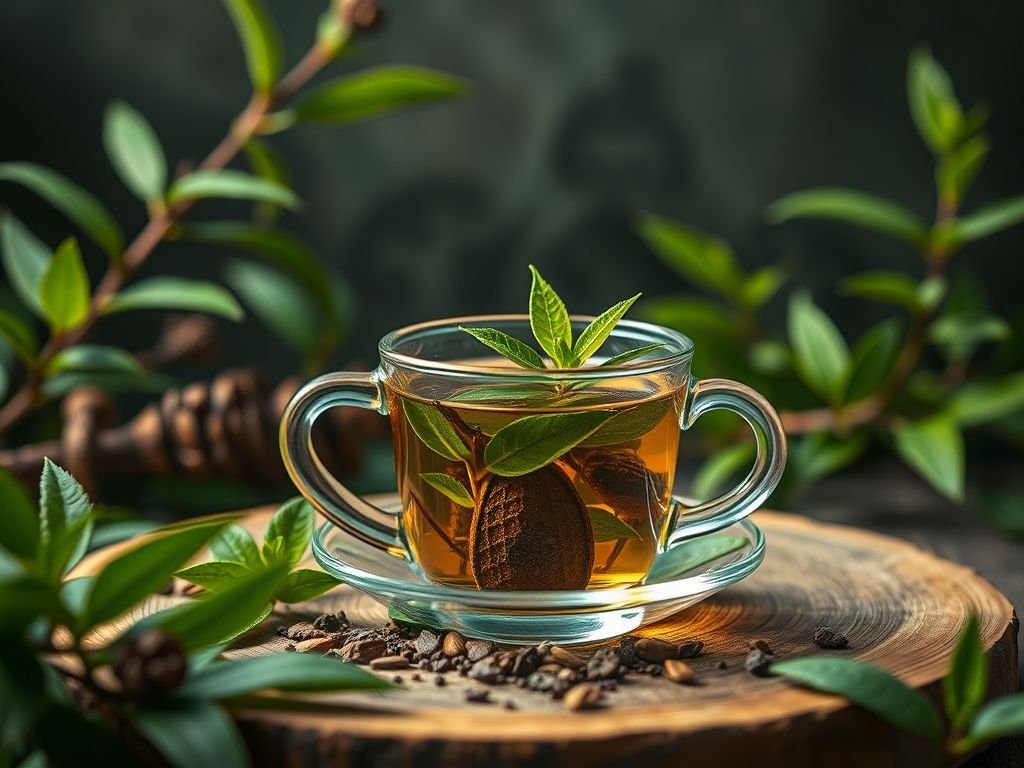Understanding Best Herbal Teas
When we talk about best herbal teas, we’re referring to a variety of infusions made from the leaves, flowers, seeds, or roots of plants, known for their health benefits. Unlike traditional teas made from the Camellia sinensis plant, herbal teas can be crafted from a wide range of botanicals, offering various flavors and health advantages. This comprehensive guide will explore the most popular herbal teas, their benefits, how to use them effectively, and practical applications for daily life.
The Importance of Herbal Teas
In today's fast-paced world, many adults aged 25 to 50 are actively seeking natural methods to improve their health. Whether it's losing weight, managing stress, or enhancing overall wellness, herbal teas have gained popularity as a simple yet effective solution. Not only do they provide hydration, but they also come packed with essential nutrients and antioxidants.
Popular Types of Herbal Teas
Here are some of the best herbal teas you can incorporate into your daily routine:
- Chamomile Tea: Known for its calming properties, chamomile tea can help reduce anxiety and promote better sleep.
- Peppermint Tea: This refreshing tea aids digestion and can alleviate headaches, making it a great choice for post-meal relaxation.
- Ginger Tea: A natural anti-inflammatory, ginger tea is excellent for boosting the immune system and relieving nausea.
- Hibiscus Tea: With its bright red hue, hibiscus tea is rich in antioxidants and may help lower blood pressure.
- Rooibos Tea: Caffeine-free and full of minerals, rooibos tea is beneficial for skin health and can aid in weight loss.
Health Benefits of Herbal Teas
Each type of herbal tea offers unique health benefits. Here are some key advantages:
- Weight Management: Herbal teas like ginger and hibiscus can support metabolism and help with weight loss.
- Anxiety Relief: Chamomile and lavender teas are renowned for their soothing effects, making them ideal for reducing stress.
- Digestive Support: Peppermint and ginger teas can ease digestive issues, making them perfect for after meals.
- Antioxidant Properties: Many herbal teas are rich in antioxidants, which can help combat oxidative stress and improve overall health.
Practical Applications of Herbal Teas
Incorporating best herbal teas into your daily routine can be simple and enjoyable. Here are some practical tips:
- **Morning Boost:** Start your day with a cup of ginger tea to kick-start your metabolism.
- **Midday Calm:** Sip on chamomile tea during your lunch break to unwind and reduce stress.
- **Post-Workout Recovery:** Enjoy a refreshing peppermint tea after a workout to aid digestion and refresh your palate.
- **Evening Relaxation:** Wind down with a soothing cup of rooibos or lavender tea before bed to promote restful sleep.
Understanding best herbal teas also involves recognizing related concepts in natural health:
- Aromatherapy: The use of essential oils can complement the effects of herbal teas for enhancing relaxation.
- Herbal Supplements: Many herbs used in teas are also available in capsules or extracts for concentrated benefits.
- Holistic Health: Herbal teas often form part of a broader wellness approach that includes diet, exercise, and mindfulness.
Conclusion
Herbal teas are more than just a comforting drink; they are powerful allies in promoting health and wellness. By choosing the right tea for your needs, you can harness their benefits for weight loss, anxiety control, and overall well-being. Remember, the best approach is to enjoy these teas as part of a balanced lifestyle.
As you explore the world of herbal teas, consider how you can incorporate them into your daily routine for both enjoyment and health benefits. Whether you're sipping chamomile before bed or ginger tea after a meal, each cup is a step towards a healthier you.

